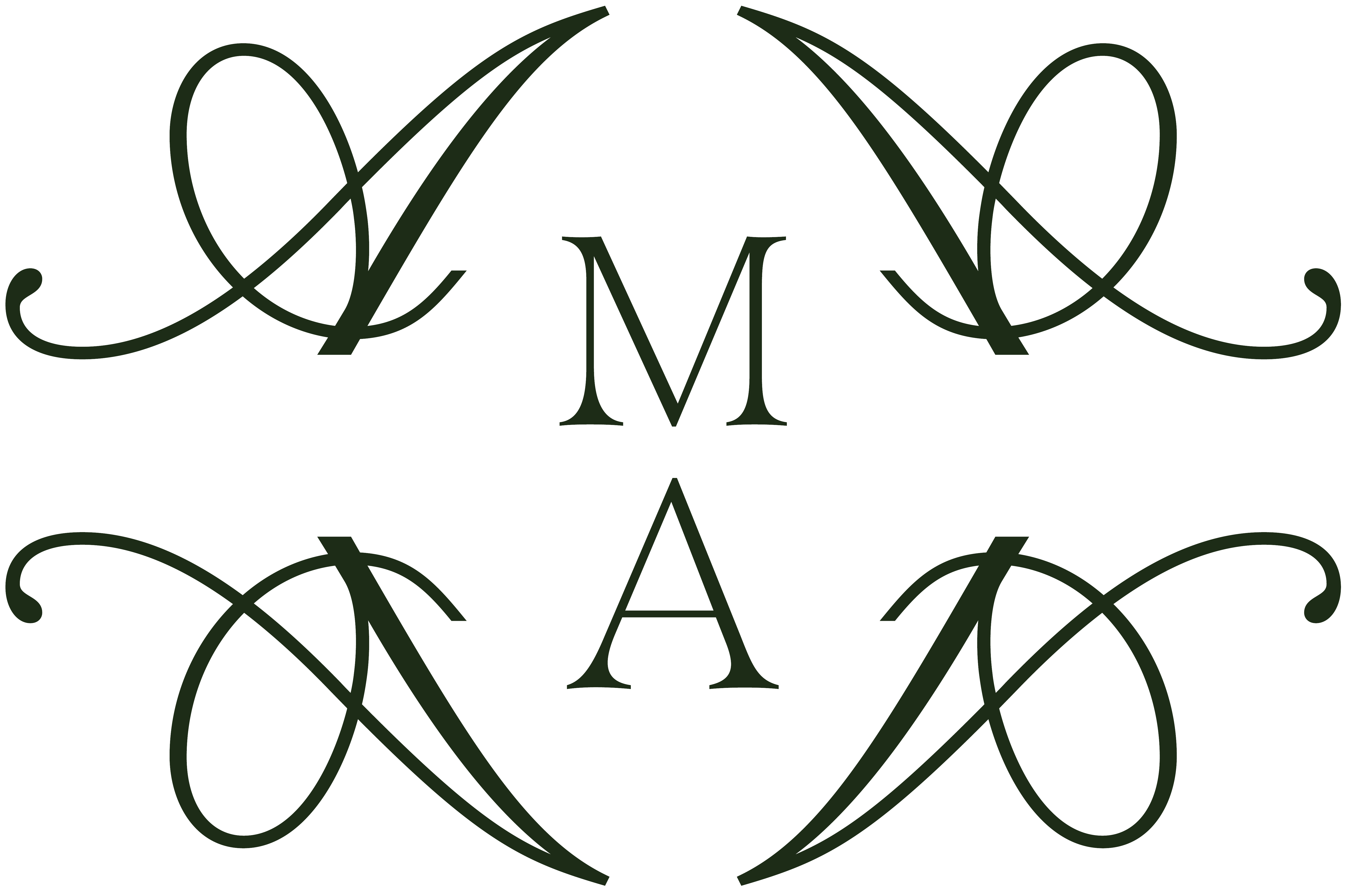Understand Your Disposable Income
Whether you want to splurge, save or invest, you’ll first need to understand your financial standing. The first step to this is to look at your consistent outgoings. For example:
- Rent/mortgage payments
- Bills
- Insurance
- Credit commitments such as loans, car finance, credit card payments
You’ll then want to look at your fluctuating payments. These can be the ones that go out consistently but fluctuate in amount each month. For example:
- Food shopping
- Petrol
- Childcare
- Personal maintenance
- Savings
For these payment responsibilities, you’ll want to create a variable amount (on the generous side) to help ensure you have enough set-aside.
If you’re not sure which expenses you have going out regularly, check your banking app—and then once you have the amount, make sure you record the date that it’s going out too. You can do this on a piece of paper, an app, or a spreadsheet—it’s about finding a system which works for you. We’re big fans of using Microsoft Excel as the formulas take away the heavy grunt work of calculations!
Once you have your list of outgoings, add up your commitments and take the figure away from your net monthly income (the amount you receive after tax). This will give you an idea of what you have left to spend, otherwise known as your disposable income, aka your fun money! This is the money that you have left over to invest or spend on the things you’re lusting after—such as:
- Clothing
- Personal care
- Entertainment
- Dining
- Travel
Review Your Spending Habits
Once you know what your consistent, fluctuating and “fun money” habits are, you’ll be able to get a clear overview of how you spend your money. Understanding these patterns can help you to analyse your financial tendencies and better understand yourself. For example, whether you tend to get more use out of the things you buy spontaneously, or the things you research and/or save for.
Another example of this is spending spikes—for example, if your hygiene and skincare products all run out at the same time, or annual insurance policies are all due for payment at the same time.
Being on a budget doesn’t mean it has to be restrictive, or full of scarcity. Sometimes budgets are temporary so we can permanently have the things we love.
Plan For The Unexpected
Nothing sucks more than an unexpected expense. Whether it’s a forgotten-about birthday, anniversary (don’t worry, we won’t tell!) or a utility bill due to a breakdown. Unexpected expenses can eat into our financial comfort. But there is hope.
Sometimes budgeting, even just a small amount, can help alleviate the pressure when these things arise. For example, some months can be more expensive due to spending spikes. This could fill you with stress as your disposable income would deplete each month. However, if you start to save small amounts each month to accommodate for this you’ll find that the result is the same, but less pressure on yourself, and your finances.
Change Your Mindset
The word budget can sound boring, extensive and restrictive. But it doesn’t have to be. Budgets can literally be whatever you want them to be—a budget, spending plan, finance list. Give it any name you want and instead of thinking it’s boring, look at it as empowering. Because budgeting helps you to keep your finances and goals organised, and having this clarity and understanding of your current situation, makes it easier to take into account and plan for your next one!
Stay Up To Date
And last, but certainly not least—if your wages, financial commitments or situation change, make sure your budget allocation and tracking are updated. Your budget should evolve as you, and your requirements, do—and staying up to date can help you keep on track with your financial goals!

